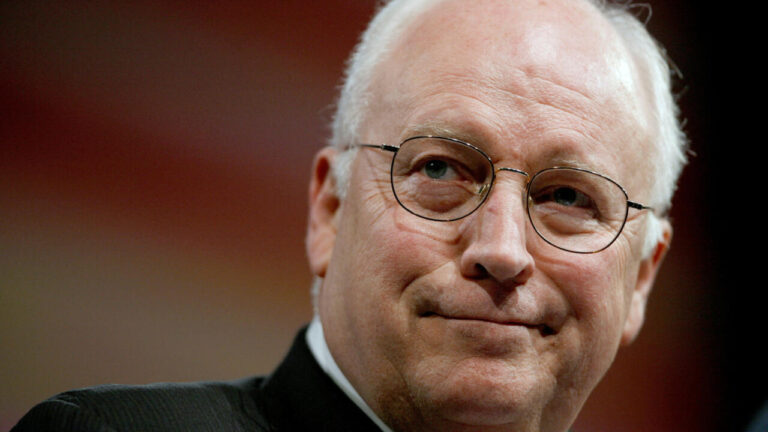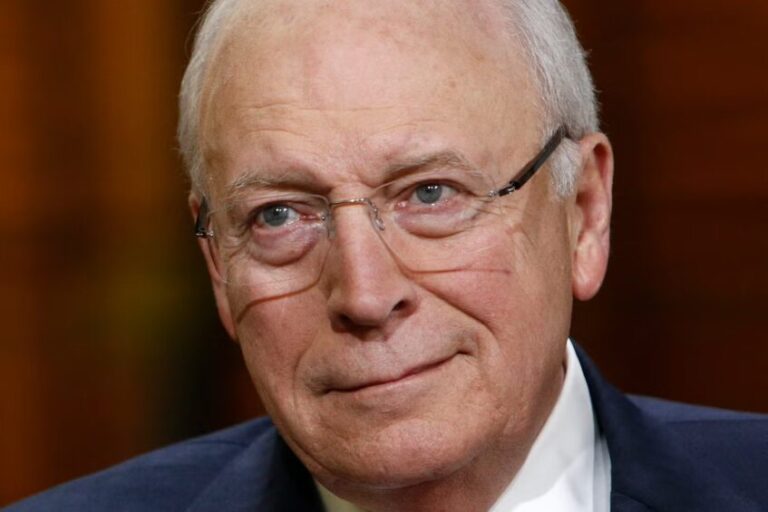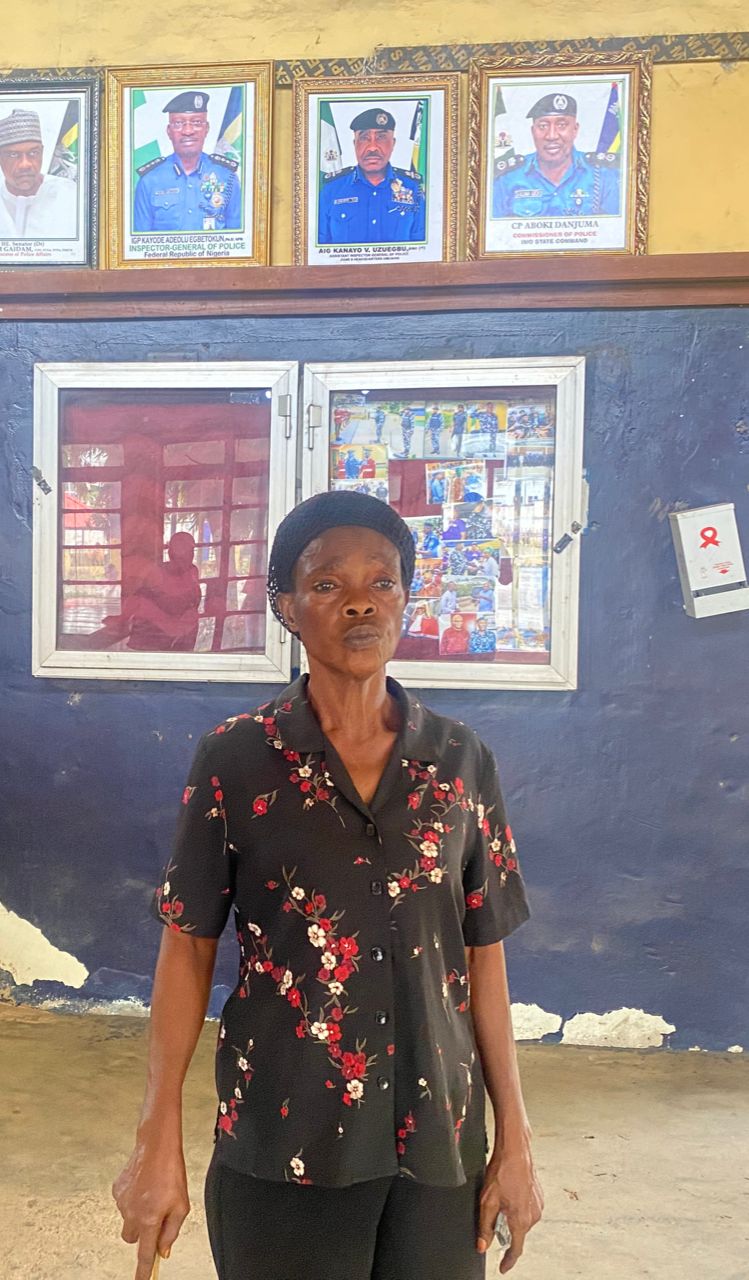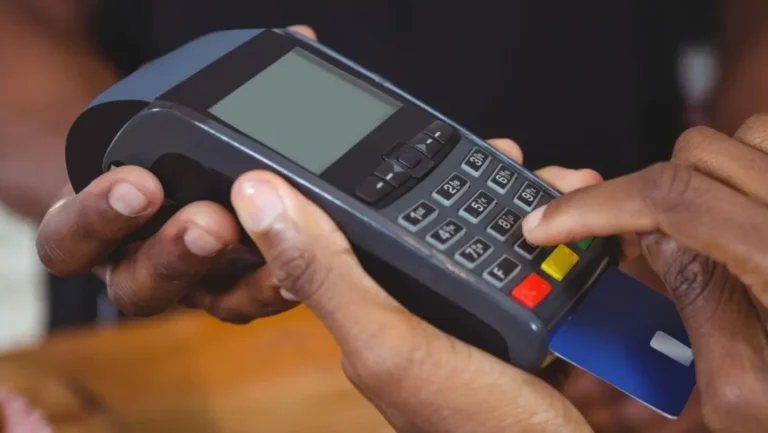
By Foday Moriba Conteh
A judicial ruling involving Pioneer Power Engineering Co., Ltd. has sparked widespread concerns over property rights, corporate governance and investor confidence in Sierra Leone, with reports indicating that the Chinese Embassy in Freetown is closely monitoring the unfolding situation.
The dispute centers on an industrial property located at No. 12 Off Motor Road, Kyubu Village, Newton, Waterloo, Freetown. The land, which legally belongs to Friendship International Co., Ltd., also hosts the operations of Pioneer Power Engineering Co., Ltd, now mired in controversy following the dismissal of its former Manager, Zhou Wenjie, over serious allegations of fraud, forgery and financial misconduct.
According to credible company sources, Zhou Wenjie was dismissed in May 2024 after being accused of forging shareholders’ signatures and opening unauthorized bank accounts in the company’s name. Following his removal, Zhou Wenjie reportedly filed multiple court actions challenging his dismissal and seeking to reclaim managerial control over the company.
The situation escalated dramatically in May 2025 when police personnel detained the landowner and several workers during an enforcement operation, even though no formal charges were publicly announced. Matters worsened on July 9, 2025, when the High Court delivered a ruling that directly affected the landowner and four other businesses operating on the same premises. The judgment effectively brought factory operations to a standstill, leaving many employees unpaid for months and rendering some occupants, including the landowners, temporarily homeless.
By August 2025, another court decision reportedly granted Zhou Wenjie authority over the assets and management of Pioneer Power Engineering Co., Ltd. Multiple reports suggest that he has since taken possession of company funds and other properties belonging to third parties operating within the complex.
The developments have drawn significant criticism from business observers, who argue that the matter raises serious questions about judicial transparency, due process and investor protection in Sierra Leone. “If judicial processes are perceived as inconsistent or politically influenced, it discourages both local and foreign investors from doing business,” remarked a regional business analyst familiar with the case.
Diplomatic circles have also expressed concern, given the involvement of Chinese nationals and the potential implications for bilateral business relations. The Chinese Embassy in Freetown is said to be following the case closely to ensure that justice and fair treatment prevail for all parties involved.
As of press time, no official statement has been released by Sierra Leone’s relevant authorities, though documents relating to the case are reportedly under review by authorized investigators.
Meanwhile, the affected family, employees and surrounding community continue to face uncertainty and economic hardship. What began as an internal Management dispute has now evolved into a major national and diplomatic issue; highlighting the urgent need for greater transparency, fairness and protection of legitimate business interests in Sierra Leone’s judicial and corporate sectors.














